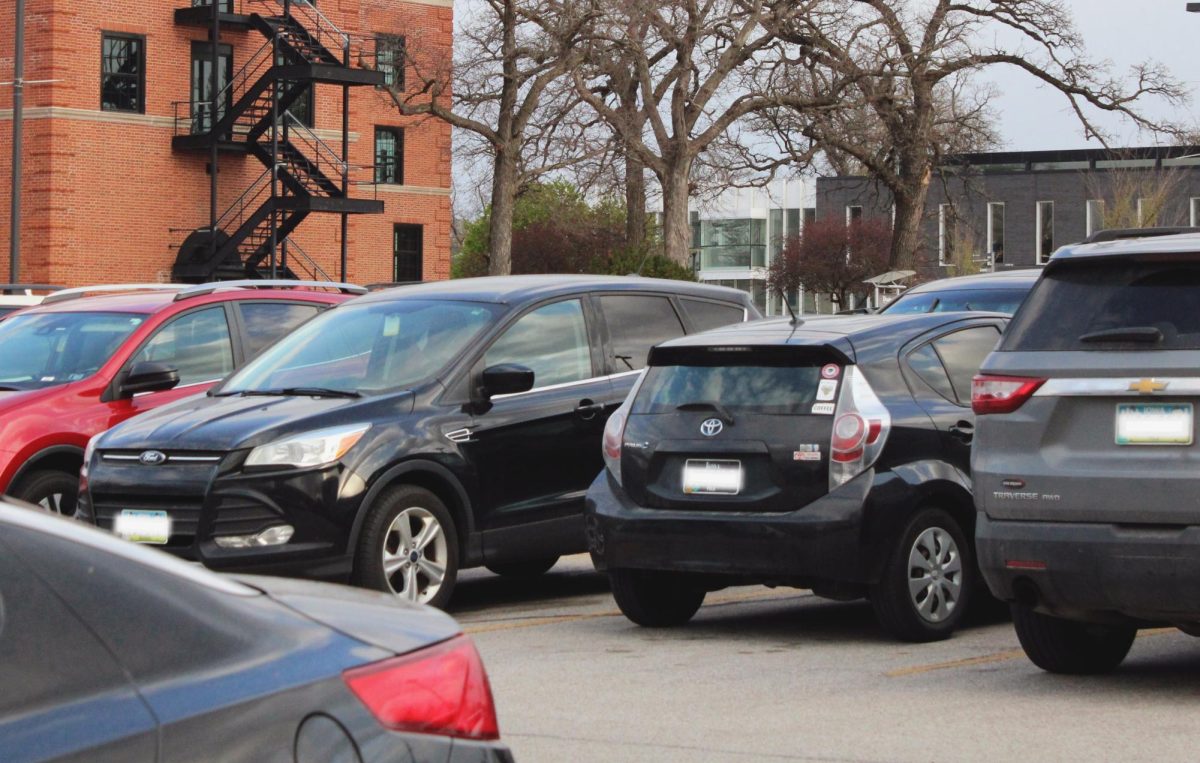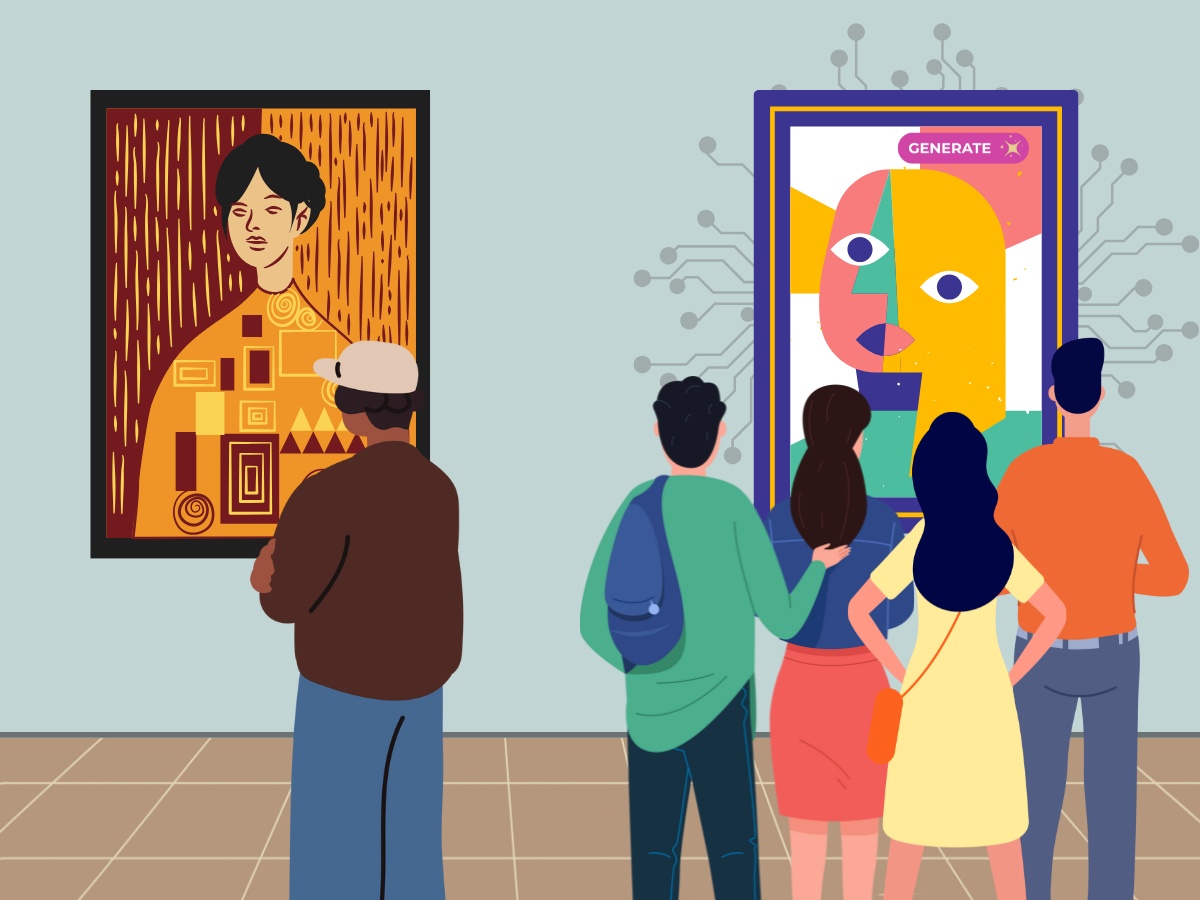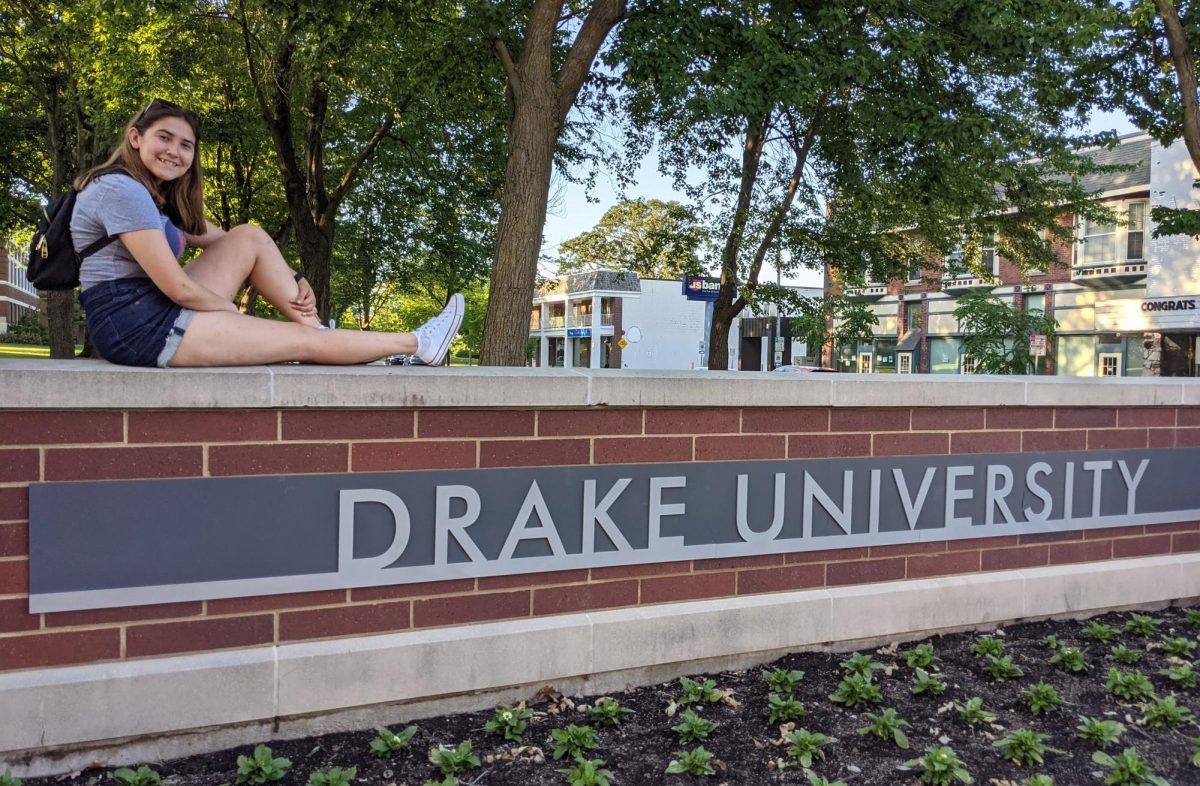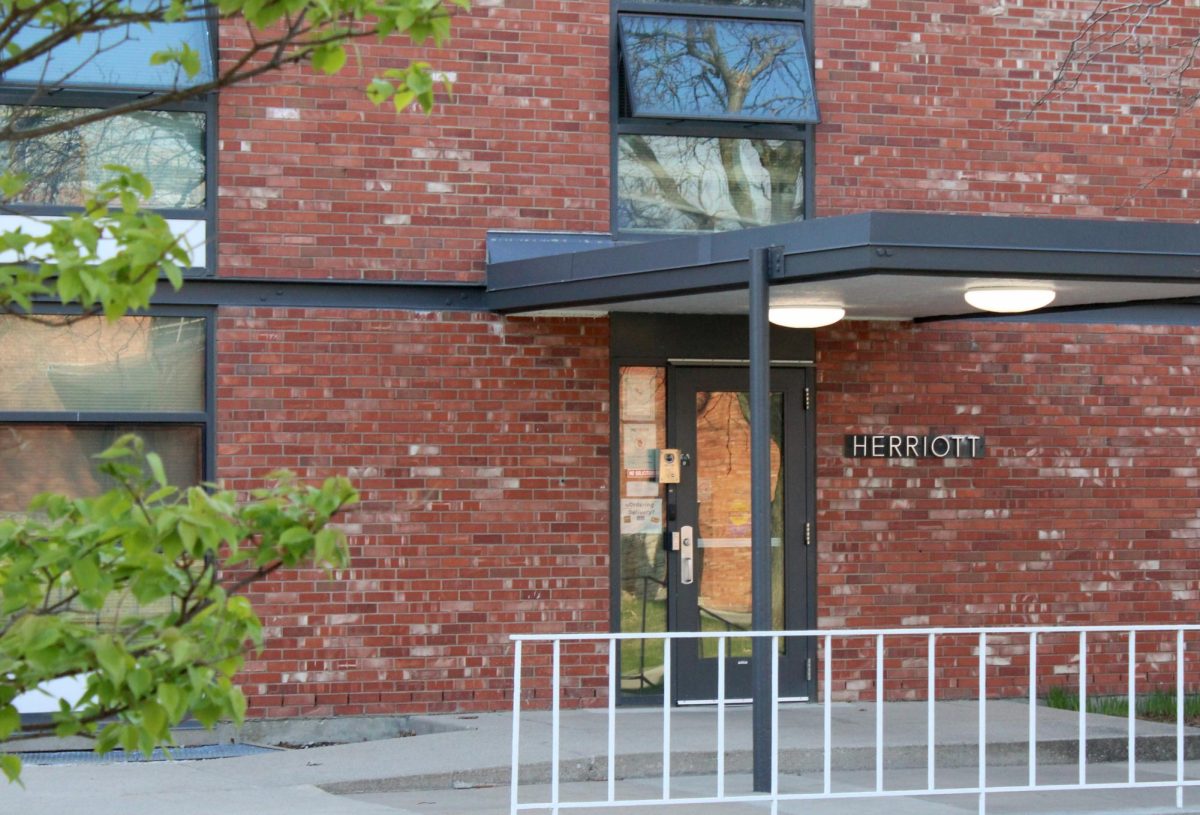Have you ever wondered what happens behind the scenes in a lawmaker’s office? What do individuals experience right in the heart of policymaking?
Across all 50 states at the start of each January, the legislative cycle begins their caucus session. Each year, legislatures introduce various bills, and more controversial material is brought to life. This year so far, the Iowa Legislature has passed numerous bills that have caught the attention of many people due to their complex nature and contentious effects.
I am a legislative clerk for the 2025 Legislative Session, where I work hands-on on the House floor. Every moment I look up from my desk, there is almost always action happening — from side conversations between representatives to debates on whether individuals will have the same civil rights across the state of Iowa.
For my representative, my job includes answering emails, drafting content, snapping photos for the weekly newsletter and scheduling subcommittee meetings. But the best part? Getting to meet constituents and people from all kinds of organizations who come to the Capitol to share their thoughts on bills and policy ideas. Pretty exciting, right? Even though a lot of my work happens behind the scenes, there’s never a dull moment.
Iowa politics are complex. I, myself, am not a native Iowan. I grew up in the suburbs of Chicago, and I would say the political atmosphere could not be more different. The difference between legislation being passed in Illinois and here in Iowa is fascinating.
While some moments are upsetting, you only grow working in politics by gaining the skills to work in an environment where tough skin and intellectual stimulation are very much needed. Still, it can be difficult.
Iowa has seen growth in its metropolitan areas while maintaining its traditional, peaceful agricultural lifestyle. These personalities come into the mix within the legislature. Whether it’s the representatives, clerks or even constituents, everyone comes from somewhere different. However, these differences often clash when it comes to advancement towards the future. Ever since the new administration began its term, politics has felt a rapid rush to progress backward. It seems like the majority party on Capitol Hill is afraid of letting diversity in and has been targeting the minority across the state to claim the popularity they already have.
Witnessing gut-wrenching legislation come to life has made me reflect on my journey into politics. There’s the thought of, “This is why I want to incorporate what I can in this field,” and “I want to make an impact and difference,” but a lot of politics work can be disheartening, especially when you’re working in a state that expresses drastically different politics than what you align with.
Though Iowa has passed some drastic bills this session that I wholeheartedly disagree with, what most people don’t realize is that Democrats and Republicans work together on less divisive issues a lot of the time. On a day-to-day basis, I am emailing other clerks or representatives from the opposite party to schedule subcommittees with my representative. We all want the state to be as successful as possible — some representatives just have different ideas of how to achieve that.
Speaking from the hurt that I’ve seen marginalized groups experience in the state of Iowa, it’s tricky to tell if that is where politics are heading.
The 2025 legislative session has seen numerous controversial bills, but that’s also politics. One was House File 269, which sought to abolish DEI in private universities and community colleges in Iowa, echoing a bill last year that would have banned funding DEI offices and positions across the state. Representative Wilburn spoke when HF 269 was being debated. “Students don’t know what they don’t know,” said Wilburn. “We don’t want to stop them from requiring courses because they don’t know that it will help them prevent misunderstandings and conflict that often result in human resources complaints, as well as lawsuits.”
Senate File 615, which just passed in the Iowa Senate, would require anyone receiving health insurance through Iowa’s Medicaid program, the Iowa Health and Wellness Plan, to work at least 80 hours a month to stay eligible. If the House moves forward with it, about 32,000 Iowans could lose their coverage.
HF 865 brings us to the topic of bullying in education. As you know, the education system in Iowa hasn’t been on track in decades, with Republicans providing little to no funds for bettering public schools. The bill was approved 64-33 and defines bullying and harassment as “repeated and targeted” acts and conduct towards a student. This language protects a hostile school environment. The bill also removes the language in current Iowa code. HF 865 would ultimately remove this list of potential traits and remove references to “actual or perceived trait or characteristic” of a student defined in a bullying incident.
With the state establishing a rising reputation of being the first to go backwards, it feels like there is more of an obligation to mend the state of Iowa into a homogeneous society when it comes to ethnicity, social class, sexuality and religion. This is most likely due to a lingering fear with the majority legislative party when it comes to diversity, equity and inclusion.
While it may seem that the state of Iowa is aiming towards a more exclusive society, we must recognize the voices that are fighting back these events. There are voices rising in resistance. These voices, rather from voters, legislators or activists, remind us that change is possible. It’s crucial to remember that the political climate can shift at any time. As mentioned before, there is almost always action that happens. Fundamentally, this is due to that complex nature when it comes to argumentation and how legislatures want what’s best for the state of Iowa through the heart of policymaking.













